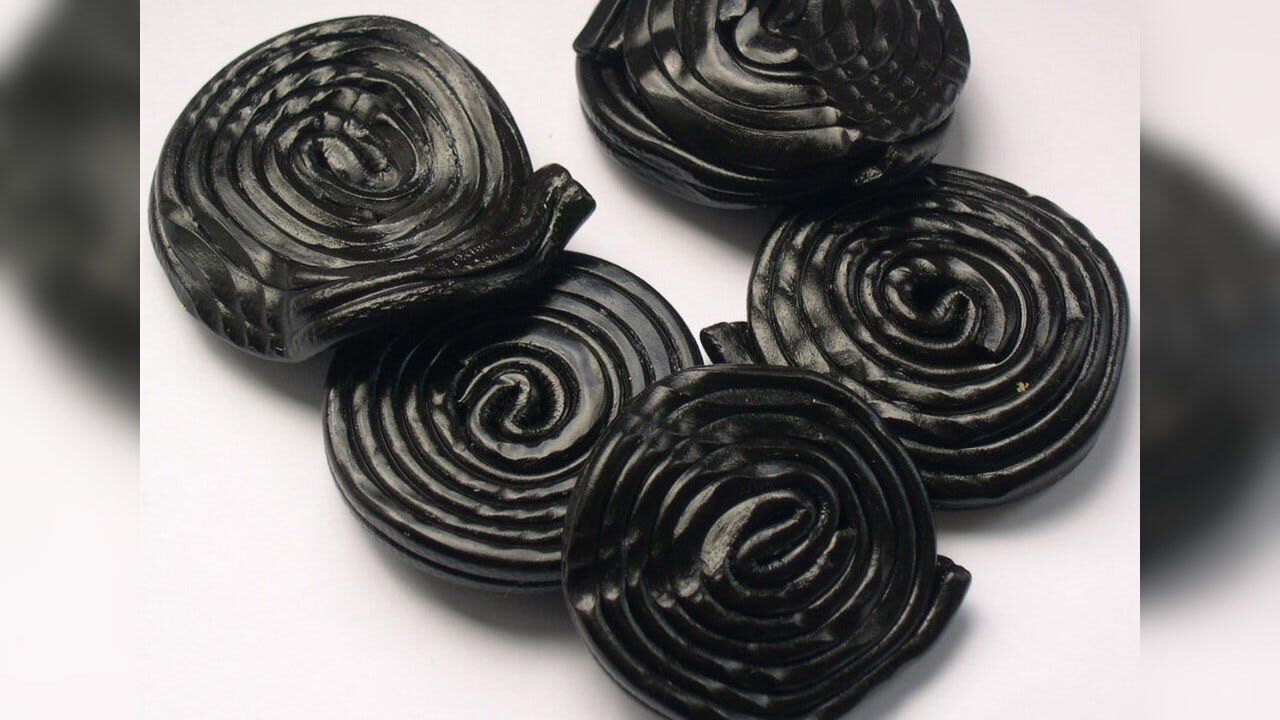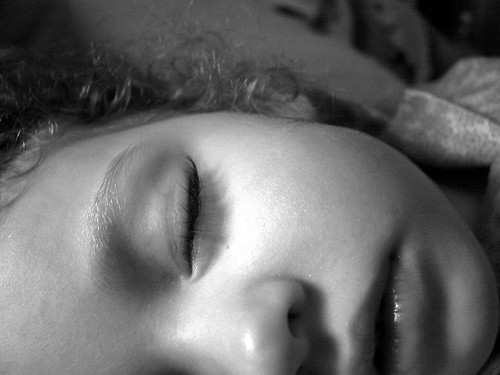The mysterious ailment known as ‘Havana Syndrome’ has been a source of intrigue and concern since it first came to light in 2016, when U.S. diplomats and their families in Cuba reported a range of neurological symptoms. The saga has unfolded like a medical thriller, with theories ranging from sonic attacks to crickets. But the latest twist in the tale comes from the National Institutes of Health (NIH), whose recent studies suggest that the brain may not be the villain in this plot after all.
The symptoms described by those affected are undeniably distressing: dizziness, headaches, and difficulty concentrating, to name a few. The phenomenon disrupted diplomatic relations and spawned congressional hearings, with the U.S. government referring to these cases as ‘anomalous health incidents’ (AHIs). Theories abounded, but concrete answers seemed as elusive as the cause of the symptoms themselves.

Enter the NIH, whose researchers embarked on a mission to unravel this medical enigma. They compared over 80 individuals with AHIs to a control group of similar healthy people. The findings, published in the Journal of the American Medical Association, revealed no clinical signs or brain image indications to explain the symptoms. This aligns with a 2023 intelligence community assessment that ruled out foreign attacks, pointing instead to factors like stress and ‘social factors’ such as group psychology.
NIH rehabilitation medicine expert Leighton Chan, who led one of the studies, emphasized at a press briefing that the symptoms experienced by individuals are real and have had a significant impact on their lives. The research, he said, does not contradict the intelligence community’s assessment.
The studies conducted by the NIH were meticulous. In one, led by Chan, 86 people with AHIs underwent a battery of tests, which were then compared to results from 30 symptom-free individuals with similar backgrounds. The only significant differences found were in self-reported symptoms of fatigue, stress, and depression, along with balance issues confirmed through testing.A second study, focusing on brain imaging and led by Carlo Pierpaoli, also found no significant differences in brain structure or function between those with AHIs and the controls. The most common complaint among the affected was balance problems, suggesting a possible link to brain function disorders related to psychological distress or external injuries.
These findings stand in stark contrast to a 2018 JAMA study that suggested signs of concussion and brain injuries in some individuals with Havana syndrome. The NIH’s use of advanced magnetic resonance imaging scanners, which are typically reserved for research, provided a clearer picture and likely reduced the chance of false positives.
The new studies offer reassurance to patients, according to neurologist Louis French from Walter Reed National Military Medical Center. He believes the findings will help refocus efforts on recovery and treatment. However, some, like attorney Mark Zaid who represents individuals with Havana syndrome, express skepticism and concern over the NIH’s testing process and the potential dismissal of the syndrome’s severity.
Despite the controversy, the NIH’s research represents a significant step in understanding Havana syndrome. It suggests that while the symptoms are real and debilitating, they may not be the result of brain damage or medical illness as previously feared. Instead, the focus may need to shift to addressing the psychological and environmental factors at play.
It’s clear that the mystery of Havana syndrome is far from solved. But with continued research and open dialogue, there is hope for those affected to find relief and for the medical community to learn from this perplexing episode.
Related posts:
People with ‘Havana Syndrome’ Show No Brain Damage or Medical Illness
NIH studies find severe symptoms of “Havana Syndrome,” but no evidence of MRI-detectable brain injury or biological abnormalities
NIH probe of ‘Havana syndrome’ finds no sign of brain injuries





